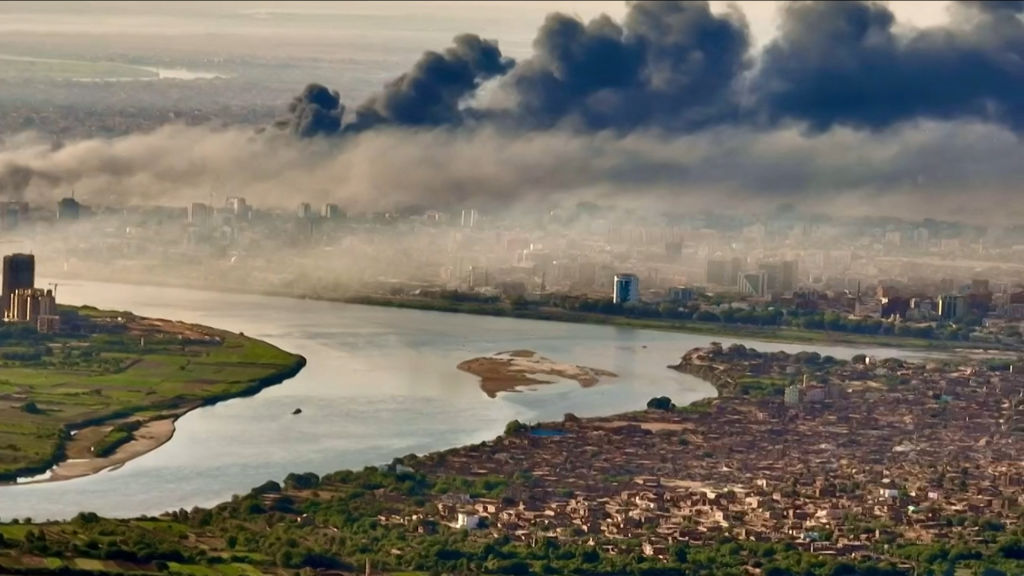
During a virtual press briefing from Geneva, Dr. Nima Saeed Abid, who assumed the position of WHO representative in Sudan on August 4, 2020, expressed concern about the “grave biological risk” that emerged after one of the warring factions took control of the central public health laboratory. The seized facility contained samples of measles and polio, making the situation “incredibly dangerous.” According to Reuters, Abid also reported that the ongoing conflict in Sudan has resulted in the deaths of 459 individuals, with 4,072 others sustaining injuries.
In related news, Secretary of State Antony Blinken recently announced that he played a role in negotiating a new 72-hour cease-fire, which is an extension of the initial three-day holiday truce. The Sudanese military, commanded by Gen. Abdel Fattah Burhan, and the Rapid Support Forces, a paramilitary group led by Gen. Mohammed Hamdan Dagalo, have both agreed to abide by the cease-fire. The aim of the truce is to create humanitarian corridors to provide citizens and residents access to essential resources, healthcare, and safe zones while also facilitating the evacuation of diplomatic missions.
Despite these developments, the situation in Sudan remains uncertain as gunfire and explosions continue to be heard in the capital city of Khartoum, and reports of continued fighting persist. The departure of foreigners and closure of embassies have also raised concerns among the local population, indicating a potential worsening of the ongoing conflict.
RELATED ARTICLES
- Australians Facing Unprecedented Rise in Mortality Rates, But Leaders Stay Silent
- Biden To Sign Accord Giving WHO Authority to Control US Response to Pandemics
- WHO says COVID-19 Pandemic is Over, no longer be regarded as a Global Health Emergency
- According to the WHO Director, COVID Remains a Global Health Emergency
- Bolsonaro Rejects WHO's Pandemic Treaty: 'Brazil Is Autonomous'











